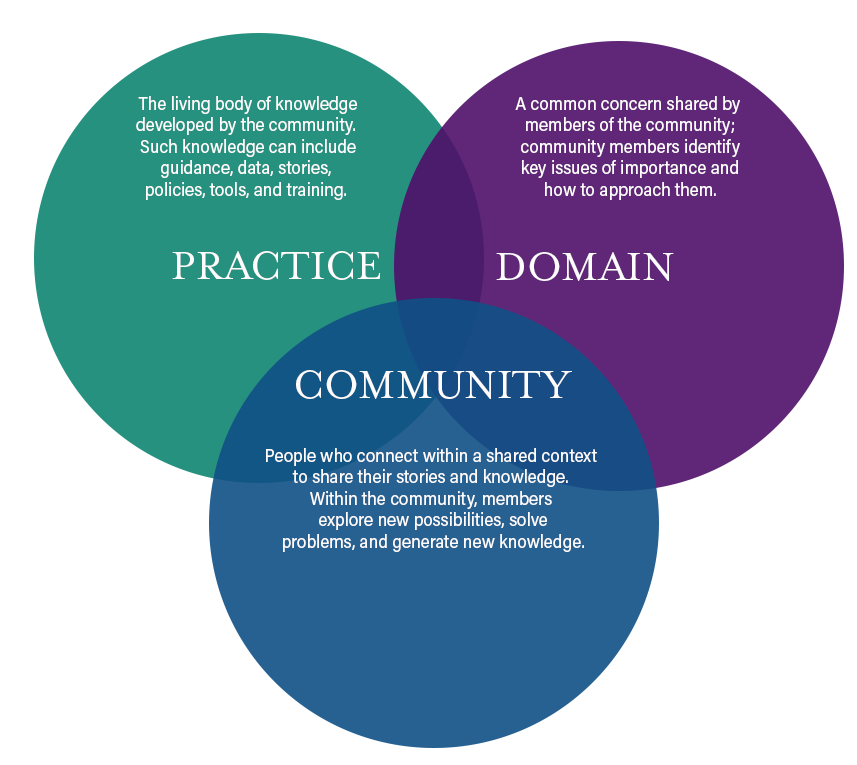In the US, the vast majority of us have had different experiences at and with work. Some have worked multiple low-wage (never low-skill) jobs to live as costs rapidly rise, some are self-employed or are contract workers, and still others have worked solely in one field in pursuit of a single profession. Many workers in the US have worked across industries, positions, types of work, and levels of pay. Still others have spent their lives performing the unpaid labor that supports families, households, and communities. But one thing that we have in common? We all work.
And that work shares more than you might expect. Some jobs are certainly more health-supportive than others, but we all live in a world where new legislation is proposed that aims to roll back workplace protections, union membership is declining, and our social safety nets often fail to catch anyone if they experience job loss or a medical crisis. Work is a key contributor to our health, and the role that it plays has been overlooked for too long.
So regardless of where we work—food service, higher education, retail, or elsewhere—and no matter what we do outside of our jobs—we all have a stake in the future of work. One of U-POWER's major goals is to bring together those people who want to be part of shaping that future into a community of practice. A community of practice doesn't live within a particular geographic region or even share a particular identity. What it is, simply, is "a group of people who share a concern or a passion for something they do and learn how to do it better as they interact regularly" (Wenger and Lave, 1991). We've chosen this model precisely because of the innumerable issues and changes facing work today. We invite you to join our community of practice by checking out our resources, joining us at our Lunch & Learn events, or inviting us to help you and your employers create a version of work that allows us to live and thrive.
"It seems that nothing promotes efficient, deep, and direct learning better than a personal mentor. Why not tap into a network full of them? A “community of practice” brings together individuals with a shared interest through a structure that encourages deep listening and results in a very direct exchange of knowledge."
Community partners and stakeholders, including individual workers and organizations, are vital to our mission of forming a community of practice. In a community of practice, stakeholders join together to share their specific expertise and form a living body of knowledge. Community partners contribute local knowledge and experience, including the specific needs of a community, that cannot be found in research. Academic scholars can, in turn, offer research and scholarship in support of those needed changes.
Work equity is a complex societal problem "embedded in the historical, sociopolitical, economic, and cultural features of society." A community of practice can together begin to understand these complex and intertwined forces and develop new knowledge in support of change.

